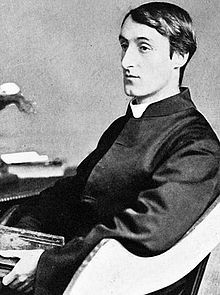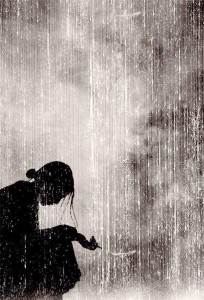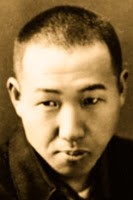Wednesday, August 30
“Though your seeds are tiny
you grow with fierce will”
My sibs and are going to take advantage of what looks to be a rain-free day and check out the many ways the city interacts with the vast Great Lake world that flows through its most narrow channel in our downtown (“Detroit” in French means “the narrow place”). Hence the city’s relatively long life for a U.S. city, 1703. I chose this post from early August last year.
Laura Grace Weldon’s celebration of Rutabagas fresh from the garden feels like a song for beginnings, which are happening on all three of our campuses these days. Like many strong poems, Weldon sets us a table that looks ordinary but turns to become a gate into legitimate wonder. Still pretty cheeky. Wise too.
Try reading it out loud with some pauses.
john sj
Today’s Post: “Rutabaga”
You darken as my knife slices
blushing at what you become.
I save your thick leaves
and purple skin
to feed the cows.
A peasant guest at any meal
you agree to hide in fragrant stew
or gleam nakedly
in butter and chives.
Though your seeds are tiny
you grow with fierce will
grateful for poor soil and dry days,
heave up from the ground
under sheltering stalks
to sweeten with the frost.
Tonight we take you into our bodies
as if we do you a favor—
letting your molecules
become a higher being,
one that knows music and art.
But you share with us
what makes you a rutabaga.
Through you we eat sunlight,
taste the soil’s clamoring mysteries,
gain your seed’s perfect might.
“Rutabaga” by Laura Grace Weldon,
Tending (Aldrich Press, 2013).
© Laura Grace Weldon. Presented
here by poet submission.
Art credit: “Rutabaga,” unknown
medium, by Lara Call Gastinger.
© Lara Call Gastinger, 2004.











